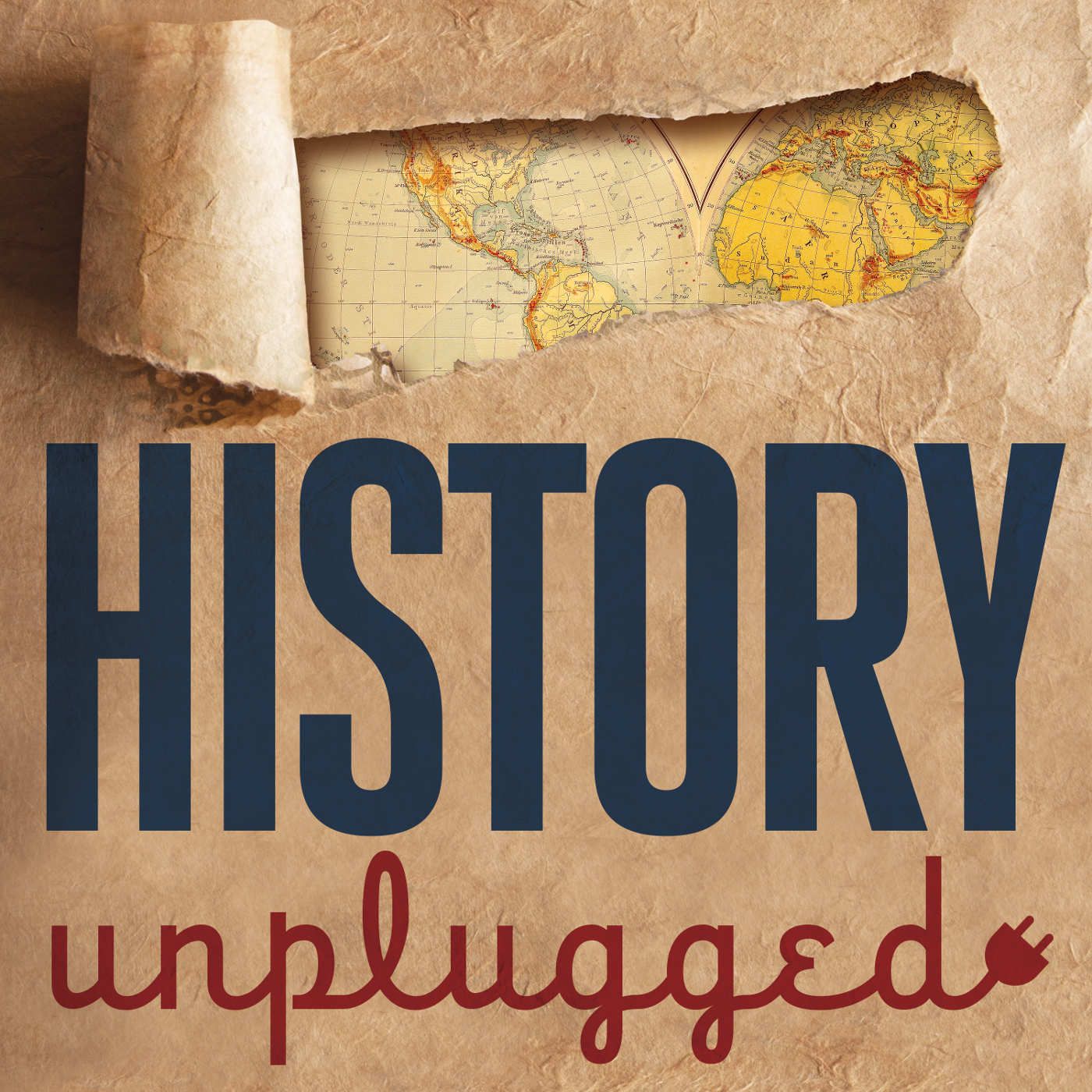- History
- SEE MORE
- classical
- general
- talk
- News
- Family
- Bürgerfunk
- pop
- Islam
- soul
- jazz
- Comedy
- humor
- wissenschaft
- opera
- baroque
- gesellschaft
- theater
- Local
- alternative
- electro
- rock
- rap
- lifestyle
- Music
- como
- RNE
- ballads
- greek
- Buddhism
- deportes
- christian
- Technology
- piano
- djs
- Dance
- dutch
- flamenco
- social
- hope
- christian rock
- academia
- afrique
- Business
- musique
- ελληνική-μουσική
- religion
- World radio
- Zarzuela
- travel
- World
- NFL
- media
- Art
- public
- Sports
- Gospel
- st.
- baptist
- Leisure
- Kids & Family
- musical
- club
- Culture
- Health & Fitness
- True Crime
- Fiction
- children
- Society & Culture
- TV & Film
- gold
- kunst
- música
- gay
- Natural
- a
- francais
- bach
- economics
- kultur
- evangelical
- tech
- Opinion
- Government
- gaming
- College
- technik
- Jesus
- Health
- movies
- radio
- services
- Church
- podcast
- Education
- international
- Transportation
- Other
- kids
- podcasts
- philadelphia
- Noticias
- love
- sport
- Salud
- film
- and
- 4chan
- Disco
- Stories
- fashion
- Arts
- interviews
- hardstyle
- entertainment
- humour
- medieval
- literature
- alma
- Cultura
- video
- TV
- Science
- en
Joe McCarthy, the Hydrogen Bomb, and Ten Fateful Months That Kicked Off the Cold War

b'There\\u2019s a good argument to be made that the entire trajectory of the Cold War was set off by ten fateful months of American and global history, between the first Soviet atom bomb test in the late summer of 1949 and the outbreak of the Korean War in June 1950. The following events then all occurred in rapid succession: the dawning of the Taiwan question, the rise of Senator Joe McCarthy, the birth of NATO, the hydrogen bomb, and the origins of the European Union.
To look at these fateful months is today\\u2019s guest, Nick Bunker, author of \\u201cIn the Shadow of Fear.\\u201d At the time, Sir Winston Churchill described the United States as \\u201cthis gigantic capitalist organization, with its vast and superabundant productive power \\u2013 millions of people animated by the profit motive.\\u201d The dollar reigned supreme, and Harry S. Truman and his Democratic allies in Congress hoped to use the country\\u2019s economic might to build on Franklin D. Roosevelt\\u2019s achievements with a bold new program of liberal reforms.
However, in the autumn of 1949 and the first half of 1950, Truman and his party were overtaken by the unforeseen. While Mao Zedong\\u2019s army swept through China, in America the age of FDR gave way to the beginnings of a new conservatism. An aggressive Republican Party, desperate for power, seized on rifts among its opponents, and Truman\\u2019s programs went down to defeat. As he launched his first anti-communist campaign, the young Joe McCarthy ambushed Truman with a style of politics that polarized the country. Leaders and citizens were compelled to improvise as events spun out of control.'